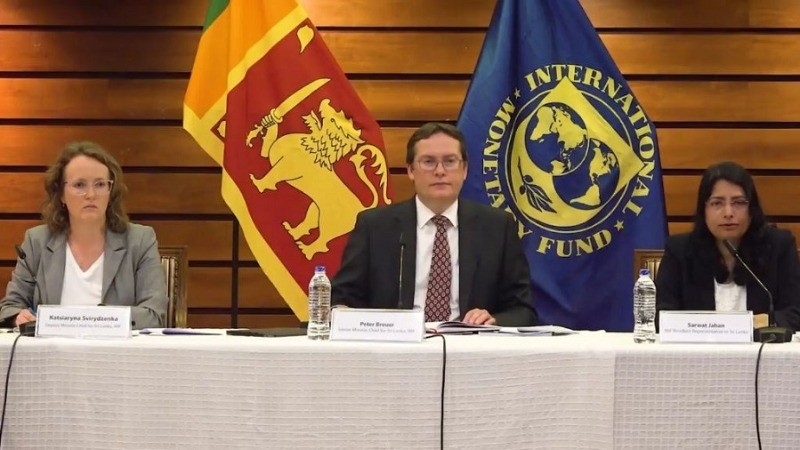
The Sri Lankan government has finalized a long-awaited debt restructuring agreement with international sovereign bondholders. The Ministry of Finance confirmed that this agreement was reached on September 19, 2024, after extensive discussions with Sri Lanka’s Official Creditor Committee (OCC) and the International Monetary Fund (IMF). The announcement was made public on October 4, 2024, following newly elected President Anura Kumara Dissanayake’s National People’s Power (NPP) government indicating its willingness to proceed with the deal during talks with an IMF delegation earlier this week.
Overview of the Debt Crisis
Sri Lanka has been facing severe financial challenges since April 2022 when it declared its first-ever sovereign default since gaining independence in 1948. This crisis triggered widespread civil unrest and led to the resignation of then-President Gotabaya Rajapaksa.
Several factors contributed to the default, including escalating external debts, a collapse in foreign reserves, and the impact of the COVID-19 pandemic. These issues hampered the nation's ability to import essential goods, resulting in critical shortages of food, fuel, and medicine.
In March 2023, the previous administration, led by President Ranil Wickremesinghe, secured a $2.9 billion bailout from the IMF. This bailout was contingent upon an agreement to restructure Sri Lanka’s external debt, which totaled approximately $37 billion, with about $17.5 billion owed to external commercial creditors. The Wickremesinghe administration worked diligently to negotiate the restructuring deal, which was ultimately announced just before the 2024 presidential elections.
Political Changes and New Administration’s Stance
The recent elections resulted in the defeat of President Wickremesinghe by Anura Kumara Dissanayake, whose NPP had campaigned strongly against the IMF deal, calling it a “death trap.” Despite this, the new administration has agreed to the terms of the debt restructuring agreement, although with some reservations. During discussions with the IMF, President Dissanayake emphasized the necessity to relax some of the IMF's stringent conditions to provide greater relief to the public, who are still grappling with the economic crisis.
Sri Lanka has already received three tranches of approximately $360 million each under the IMF’s Extended Fund Facility, with the third tranche released in mid-June 2024. The IMF has acknowledged the progress of Sri Lanka’s economic reforms, crediting them with stabilizing the country’s macroeconomic situation and restoring some fiscal discipline.
Complex Debt Restructuring Efforts
The debt restructuring process has been intricate, involving multiple stakeholders, including bilateral creditors such as Japan, France, and India, who collectively hold about $5.9 billion of Sri Lanka’s outstanding debt. China, as Sri Lanka's largest bilateral lender with $4.7 billion in loans, is not a formal member of the OCC but plays a crucial role in the restructuring efforts. Additionally, Sri Lanka owes $1.74 billion to India and $2.68 billion to Japan.
The Ministry of Finance emphasized that the agreement follows the principle of “comparative treatment,” ensuring fair terms for all creditors involved. The Sri Lankan government remains optimistic that this restructuring deal will pave the way for long-term economic recovery, addressing both the immediate need for liquidity and the broader goal of sustainable growth.